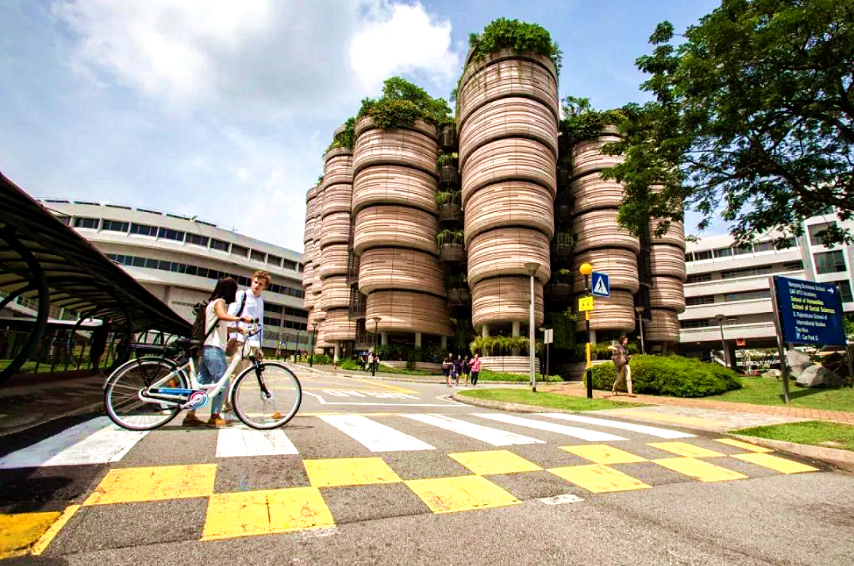
新加坡南洋理工大学(Nanyang Technological University),简称南大(NTU),是新加坡的一所世界著名研究型大学。南大是环太平洋大学联盟、新工科教育国际联盟成员,全球高校人工智能学术联盟创始成员、AACSB认证成员、国际事务专业学院协会(APSIA)成员,也是国际科技大学联盟的发起成员。
想要出国访问学习的小伙伴看过来啦,南洋理工大学在生物医学工程、光学工程方向正在招收访问学者、博士后!51访学网小编每周定时更新最新的访学招聘信息,感谢关注51访学。
All-optical neuroimaging, known as the “holy grail” in the field of cell-scale neuroimaging, can be used for early diagnosis of retinal diseases, research on the mechanism of brain operation at the cellular scale and the next generation of ultra-high bandwidth brain-computer interfaces.
The research group will focus on all-optical functional imaging and carry out research in the directions of ultra-high-speed nanoscale single-molecule interferometric microscopy imaging, in vivo retinal functional imaging and neural action potential interferometric imaging.
Nanyang Technological University (Singapore) is ranked 2nd in the Times Higher Education Global Young University Rankings 2020, 13th in the 2021 QS World University Rankings, 8th in the world for Engineering, and 3rd in the 2021 US News Best Global Universities for Engineering.
The supervisor of the research group, Dr. Tong Ling, was an Assistant Professor in School of Chemical and Biomedical Engineering of Nanyang Technological University. He has been committed to the frontier research of Biomedical imaging, especially ophthalmic imaging for a long time.
During his research at Stanford University, Dr. Ling’s technique of imaging neural signals using cell microdeformation has been widely reported by the National Institutes of Health (NIH) and other leading research institutions. His research results have been published as the first author or co-author in the journals PNAS, Science Advances, Light: Science & Applications.
In addition, Dr. Ling received funding from the National Science and Technology Academic Publications Foundation of China to publish one academic monograph. His randomly coded hybrid grating wavefront sensor was nominated by China Laser Magazine as “Top Ten Progress in Chinese Optics in 2015”, and won the Wang Daheng Optical Award of Chinese Optical Society in the same year.
The research team has worked closely with the Eye Research Institute of Singapore (SERI), the National Eye Centre of Singapore (SNEC), Stanford University, University of California, Berkeley, University of Washington and other research institutions.
Requirements:
- Applicants should have academic background in biomedical engineering, optical engineering and other related fields.
- Have the ability to engage in research independently, careful and rigorous work, have a sense of responsibility and team spirit;
- Good ability in paper writing, presentation and communication.
Social benefits:
The salary will be preferential according to the individual’s working ability and relevant experience, not less than S $5,500 / month, higher salary can be offered if the conditions are superior.
Contact information:
Interested candidates are welcome to send their CV, research experience and interests to tong.ling@ntu.edu.sg with the title of “PostDoc Application “+ their own name. After selection, the candidates will be selected through an online interview. If you have any questions, please contact us by email.













